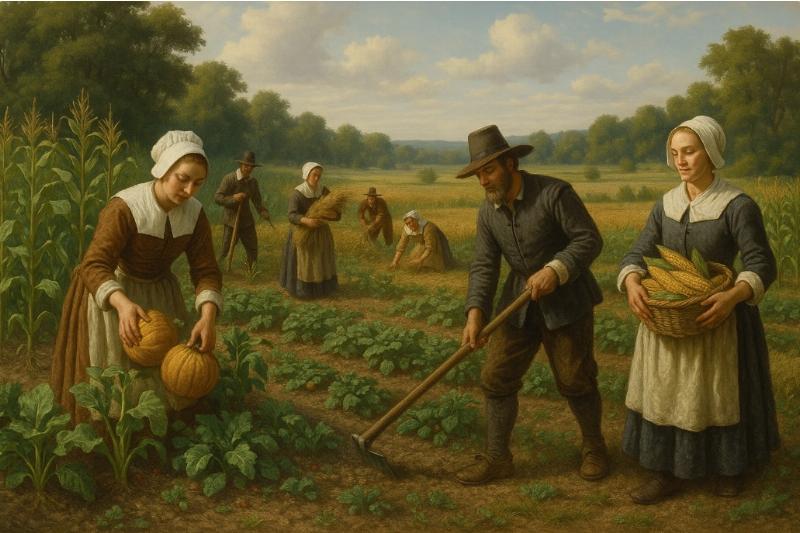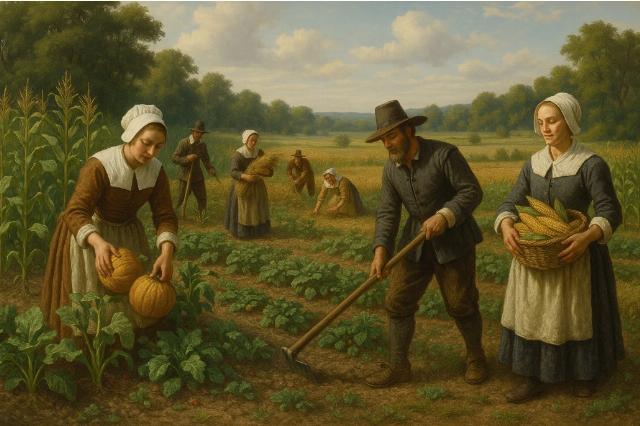


Senator John Kennedy from Louisiana has described the United States Senate as an entity with potential, but a creek full of pigs. His strong implication is that if the Senate could rid itself of its pigs, all would be well. Really? In an overarching sense, the reality of humankind may be that in the clear creek God has provided for us, there will always be human pigs to foul its purity.
This reality coincides with another that has been equally puzzling to those attempting to explain the inexplicable in human behavior, and for those trying to fashion workable economic and governing systems for their societies. The question, rarely answered satisfactorily for the general public, is: why is it that what sounds like economic justice does not produce economic justice, and what sounds like a “creek full of pigs” actually does produce economic justice? Part of the answer appears to be that the element of irony is as critical to understanding the nature of human beings as is impurity, and another part of the answer appears to be that the goal itself is more attainable if developed from the narrow to the broad, not the narrow from the broad.

Image created using AI.
This latter distinction is the difference between all the forms of Marxism, including anarchy, socialism, and what is now called democratic socialism, and capitalism. One hears no end of commentators discussing how socialism or any of the many forms of Marxism does not work and has not worked in countries where it has been tried, but one never hears why it does not work. It does not work because human beings are capable of altruism (concern for the welfare of others) only after they have satisfied their own.
But this does not make sense. If one satisfies his or her own welfare first, why would this not produce a shrinking, not expanding, of the heart; that is, less economic justice, not more?
This is the irony of the human condition—we expect the shrinking and get the expanding; we promote the expanding but get the shrinking. Zohran Mamdani, candidate for the Mayor of New York City, perfectly represents the political version of this premise.
Mamdami speaks the language of the “broad”—affordable housing for all; redistribution of created wealth as economic justice; and transfer of power from the individual to the state. His views represent a movement from the broad to the narrow, a guaranteed failure if human experience is to be believed, using the language of an expanding heart while assuring a withered approximation. In very simple terms, democratic socialism, or any other name for the same thing, does not work because it is antithetical to the nature of mankind.
How are we to fashion, then, from the narrow to the broad, if our goal is altruism?
The simplest example in the American experience is the voyage to the “new” world by William Bradford and the other Pilgrims from the Netherlands in 1620. Investors in Britain financed the voyage. These investors expected the Pilgrims to survive and to find products and resources that could be returned in the hulls of wooden ships to repay their investment. They demanded that the Pilgrims own communally and work communally for the benefit of the whole. It was a system that Mamdani would approve—top-down, the broad to the narrow, the state as more significant than the individual—one big garden of food to share equally.
Oops. It didn’t work. The little Christian Utopia became demoralized. Communal stewardship was not equal or fair. There were slackers (in the Pilgrim community?!) and parasites and gossips and finger-wagging. There were also the devout but sick, the committed but old, the strong of heart but weak in body.
By 1623, the community was destitute. They could not repay the investors, they did not have enough to eat, they did not care if they lived or died, they walked away from virtue, they fought among themselves, and they resented the new ships of nothing but the poor that seemed to arrive regularly.
At this point, William Bradford made a decision: no more broad to narrow; no more redistribution from the industrious to the lazy; no more “communal”; no more Mamdani nonsense. Family gardens arose and produced excess—excess to share with others. Family mills ground enough to feed the community and export elsewhere. Trips to Maine by well-fed Pilgrims produced furs to pay back and furs to trade.
“At length, after much debate of things, the Governor (with the advice of the chiefest amongst them) gave way that they should set corn every man for his own particular, and in that regard trust to themselves; in all other things to go in the general way as before. And so assigned to every family a parcel of land, according to the proportion of their number.”
And so, Plymouth was at last able to pay back those who provided the capital for the ship, crew, food, and beer. The little community prospered and became part of the larger Massachusetts Bay Colony.
The lesson learned, however, is that yes, there will always be Pigs in the Creek; there will always be new ideologies that sound good but produce evil; and there will always be Pied Pipers (Mamdani) who incite dark feelings of hate, envy, greed, and bigotry in the fragile human psyche.
But the more important lesson learned is that by developing the character, intelligence, and moral core of the individual, and letting that individual fly freely, his or her innate sense of generosity is more likely than not to feed a neighbor, to nurse a sore heart, to support a just cause, or in William Bradford’s case, to wash, clean and feed the sick and dying. The narrow (the person) to the broad (society) represents the best strategy both culturally and economically, to attain an altruistic goal.
Put more simply—Common Sense in conjunction with Human Nature helps humans be their best.
